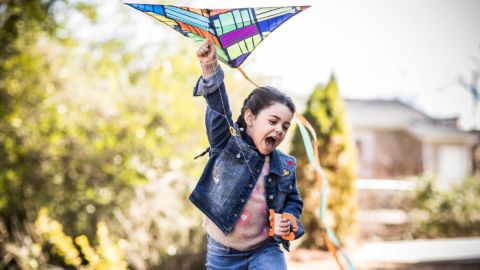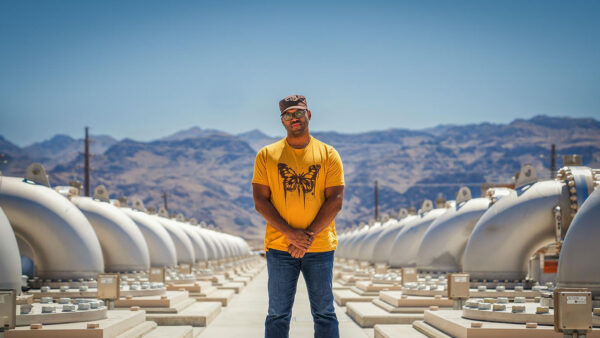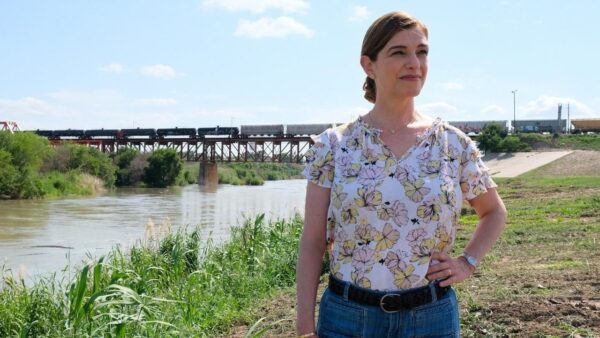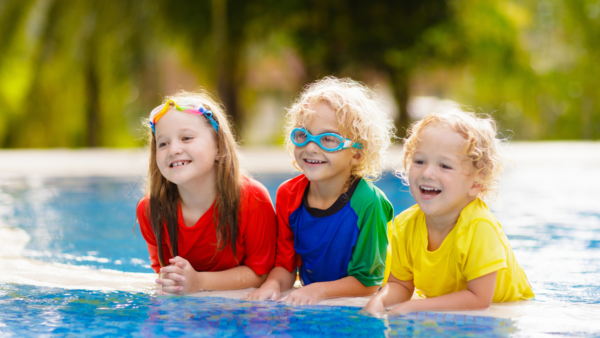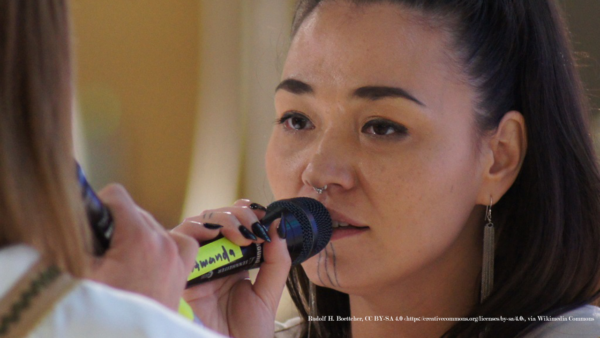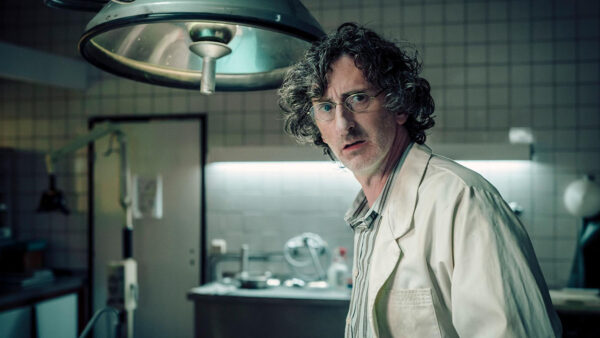Q: After a stressful spring, is it okay to give my child a break from academic work this summer? Or is this the time to help them catch up on all the learning they missed due to the pandemic?
A: Not only is it fine for children to take a break from schoolwork in the summer but in fact, it is highly recommended by developmental psychologist, professor, and researcher Katherine Bono, a founder and lead consultant for B.R.I.C.K. Consulting and chair of the Child and Adolescent Studies Department at Cal State Fullerton. Below she shares the three areas where parents and caregivers should be focusing their energy. Spoiler alert: they are not reading, writing and arithmetic.
Children may not understand or be able to articulate what all the stressors have been during the past few months but they have certainly absorbed that stress from their parents. The disruption to their own lives has been stressful for them as well. Because it’s been such a stressful time, we really need to focus on some key building blocks for young children’s development and well-being. None of those revolve around structured academic learning.
Relationships
The number one priority is for us to make sure that our relationships with young children are strong, particularly those relationships between young children and attachment figures, such as parents and caregivers. Focus on really loving them up, making sure that they know they’re important to you and just enjoy time together having fun. Strong relationships shield children from the negative effects of stress on brain development and on physical development.
Play and Exploration
The other thing we need to focus on is making sure children have the opportunity to explore, that they get plenty of physical activity and they’re able to play. Children learn from play — that is the work of young children. Play teaches children about problem-solving and social interactions. Despite the need for social distancing, children can still interact with the folks in their home.
Children learn from play — that is the work of young children.
Explore as much as possible. Consider what is safe for the family, try to get outside, whether it means going on a local hike, a local walk, or the beach. And that goes for everyone, really, including adults.
Related:
Fun Environment
Rather than looking at specific things a child needs to learn during the summer, focus on creating a space that facilitates their development. Focus on building an emotionally and physically safe environment, as well as a fun environment that minimizes stress. Parents should also do the things they need to do to reduce their own stress.
Structure and (Some) Schoolwork
An appropriate level of structure is still important, depending on your children’s age and personality. Some kids can have a little less structure during breaks from school, while some kids need more, so it’s just about what works for that particular child and family. Even though you have a fun, less stressful environment and you’re not focusing on virtual schooling like you were before, it doesn’t mean that you shouldn’t still have a routine. Still make sure that they’re getting adequate sleep and good nutrition.
If there is an academic concern, your child can some time working on those subjects. The 6, 7 and 8-year-olds can work on some schoolwork but not all day long. Spend 1-2 hours per day on academic work, at the very most. You can find online resources for kids to practice their reading and math, hopefully in a more fun way, such as math-based or reading-based games. Reading books is also a great thing to do together and separately.
Try creating experiences for kids that leave plenty of room for play, exploration, fun and relationship building.
Challenges
Focusing on strong relationships and play is easier said than done for many parents continuing to work full time through the pandemic, so consider what works best for your family.
Days are not going to look the same. If you’re working at home without childcare, work will be really demanding on some days and hopefully less demanding on other days.
Also, it’s okay to ask for help. While navigating safety decisions during the pandemic will be difficult — Do you let little kids see grandparents or do you not? Do you let them see aunt and uncle? — parents need to rely on their support system as much as possible.
If your child is with a grandparent who is unable to get out and play, or if they are under the care of older siblings, your options could be limited. Try to make sure there are toys or art supplies in the house for your child to play with and explore on their own. There are many inexpensive options. Also, communicate to caregivers what you would like the child to do during the day. For example, “It would be great if you could get outside,” or, “I found these local resources that are available and maybe you can go check them out.”
Try to have these enriching experiences for kids but if all we can do is make sure they’re loved then that’s what we do. Whether your child’s caregiver is an older sibling or a grandparent, the best thing they can do is to make sure your child feels loved and supported. That’s the most important thing. All the rest is gravy.
Overall, the top three things children need in the summer is strong relationships, a break from solid academics and parents and caregivers who practice self-compassion. Some days will be better than others. Some days kids are not going to spend their day doing the things that you would love. But we’re doing the best we can given the circumstances we are personally in.
We’re going to go into the fall of another school year in just a short amount of time, where things are not going to be normal. Let’s not stress ourselves out with academics over summer so that we are refreshed when we go back in the fall. This will help us cope with whatever school and our lives look like then.
Kate Bono, Ph.D., a founder and lead consultant for B.R.I.C.K. Consulting, is a developmental psychologist, professor, and researcher. She has spent her career focused on promoting resilience in children with a specific focus on the role of parent-child relationships. She is also a mom to two boys, ages 14 and 11, who she finds to be a source of great joy and great challenge. She is excited for the opportunity to partner with other parents to help them navigate their own parenting challenges and to find joy in the process!
This article was originally published on PBS SoCal’s At-Home Learning initiative.
